Bartica is beautiful and safe!
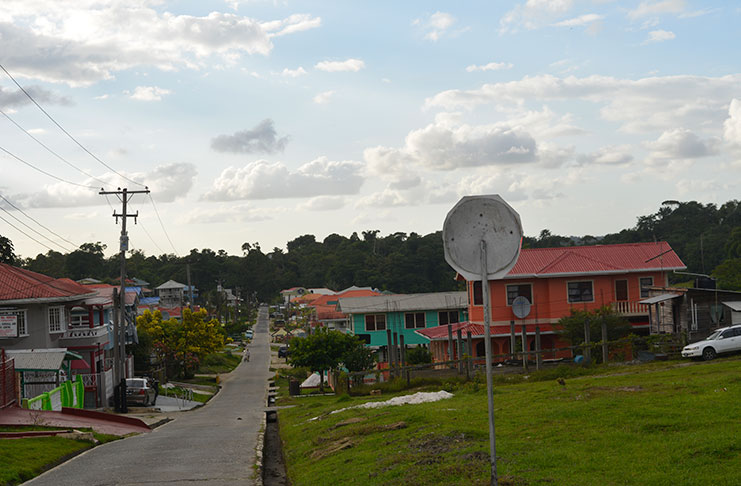
Over $1B in government projects injected there
BARTICANS feel especially privileged to live in this part of the country. Perhaps it is because they are shielded from many of the challenges that other locations across Guyana have to endure.
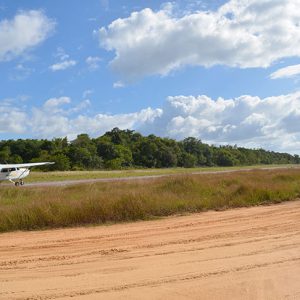
For one thing, because of its geographic location, the town doesn’t experience any major dry season or an extensive rainfall period. Furthermore, the landscape is of such that flooding is hardly ever a concern to residents.
Home to approximately 15,000 persons, Bartica has been described as a little gateway to many interior locations of Guyana. Hence, thousands of people pass through the town every month for one reason or the other.
A number of resorts and waterfalls are featured in Bartica where many people go for mining purposes. The location is so scenic that many more are attracted there for tourism.
To get to Bartica from Georgetown, one would need to board a speedboat from Parika, on the East Bank of Essequibo, which seats roughly 25-27 passengers. It takes just over an hour to arrive at the town.
The steamer, though, takes five hours on any day in the week, other than on Wednesday, when there is no boat. Leaving Parika at 05:00hrs, the boat upon reaching Bartica would leave to return to Parika at 12 noon. On Saturdays, though, the steamer leaves Parika at 09:00hrs and does not return there until the following day, when it leaves Bartica at 6 am.
Bartica can also be reached by road via the Lethem Road. A crossing on the Essequibo River, via pontoon, would be necessary.
ALMOST AT ZERO
Added to the good life in Bartica is the fact that the town is relatively safe, in terms of criminal activities there. “Crime in Bartica is almost at zero,” Mayor Gifford Marshall proudly stated during an interview with the Pepperpot Magazine.
He said that while there may be some petty crimes, the police often put their hands on them quickly.
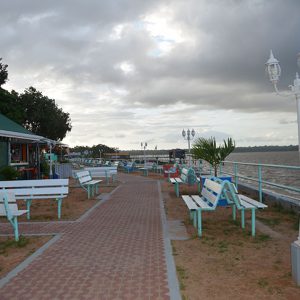
Furthermore,the ‘F’ Division Headquarters is now in Bartica, and hence the divisional commander is based there. This means that there was also an increase in police members posted in Bartica. “The police are doing an excellent job; they have more vehicles and more access to resources,” Marshall observed.
Meanwhile, come February 17, Bartica will observe another anniversary marking the horrendous Bartica massacre. “It is always a sad day as we reflect on that traumatic night, where persons were really traumatised. We will be having a simple but meaningful ceremony on that day, just to reflect on how important it is to stay vigilant and remain conscious of our security,” Marshall expressed.
Since Bartica is reckoned to be one of the most beautiful towns, authorities have indicated that they will be investing resources into preserving the pristine its nature.
However, there is still a serious issue with solid waste management in Bartica. “We will continue to invest heavily in that because that is a major turn off when you come to a place like Bartica and you see plastic bottles on the beach, despite we have bins,” Marshall expressed, adding, “That pains our hearts, so we’re investing in those areas.”
Meanwhile, the Golden Beach Development Project, which seeks to develop Bartica’s beachfront, was started early in 2017, and works are continuing there this year. There is also a section of First Avenue that will be developed this year.
“By April of this year, you will see another extension, and then we hope it will be a continuous project. That is one of the best gifts we have as a town. Tourism has a lot to offer to Bartica,” Marshall said.
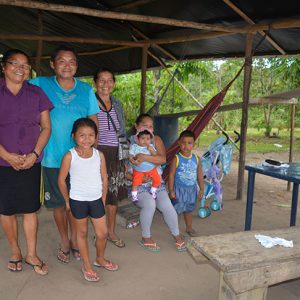
The Five Miles Sandpit project is another major one by the municipality which had to deal with a number of challenges. “We had some challenges managing the pit as the municipality did not have the machinery and finances to properly execute its duties, but I am happy with the assistance of Ministry of Communities because we’re now in a position to manage the sandpit,” Marshall said, adding that all systems are in place to ensure all rules and regulations are complied with.
“Presently, we have in excess of $1B of government projects in Bartica; and, being at an affordable rate, is very important to the municipality and affects contracts somewhere or the other. So it’s a process that we embrace and something that we very appreciative of,” Marshall said.
One of the main causes for concern in Bartica, though, is the state of the roads, which at the moment, are deteriorating quickly. One reason for this could be that a number of large trucks traverse the roads each day. “When the fuel from these trucks is leaking, the gasoline causes more damage. So it’s something that the council has started to look at,” Marshall said.
“Because it’s a mining town, you would see a lot of excavators and bulldozers; a lot of heavy machinery that would traverse our streets. We will proceed this year to have the roads rehabilitated and will have to find a way to deal with these trucks and other machinery,” he added.
‘WE ENJOY FARMING’
Fifty-two-year-old Bernice Lewis of Mora Camp, is originally from Phillipi Village, Upper Mazaruni and is now the head teacher of a school in Itaballi.
A mother of nine children, Lewis manages her large indigenous family with her retired headteacher husband, Clifton Lewis.
“We enjoy farming, and we hardly depend on items from shops,” Lewis said, and the family makes do with whatever it can get from their farm. “If we’re short of sugar, we cut canes. We plant our cassava, so we don’t really depend on rice or flour. We eat organic foods and that’s why we look so strong and healthy and hardly have grey hairs.”
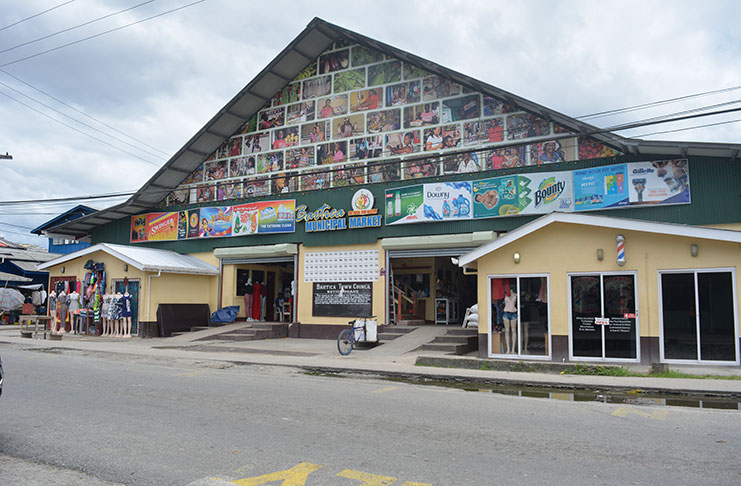
The Bartica Municipal Market 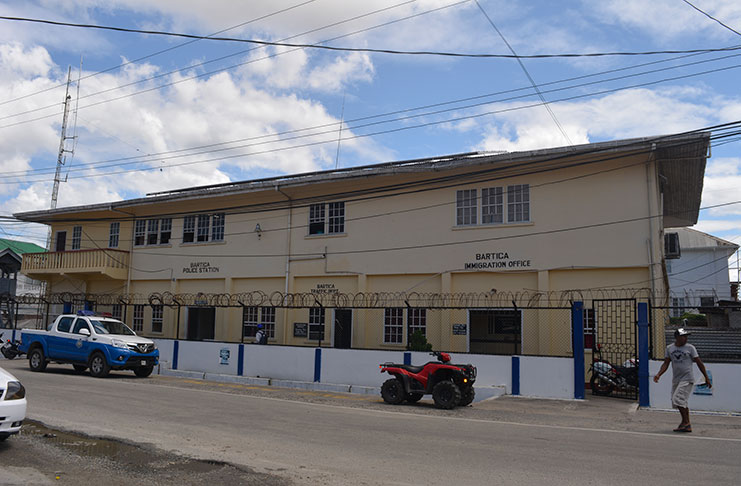
The Bartica Municipal Market 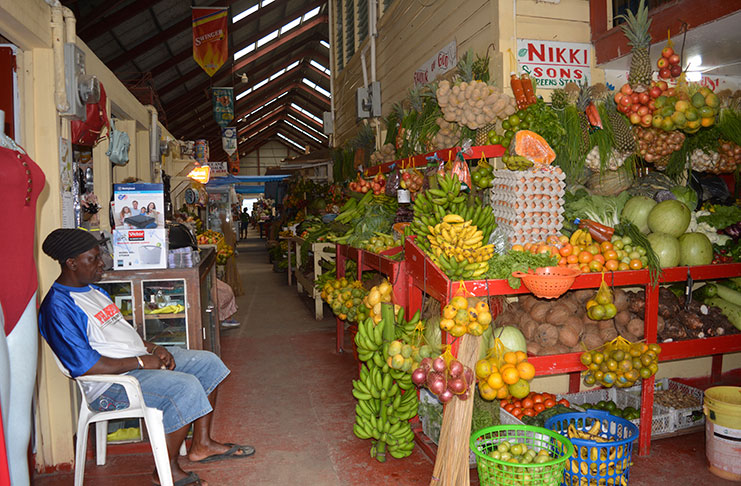
An attractive fruit stall inside the Bartica Market 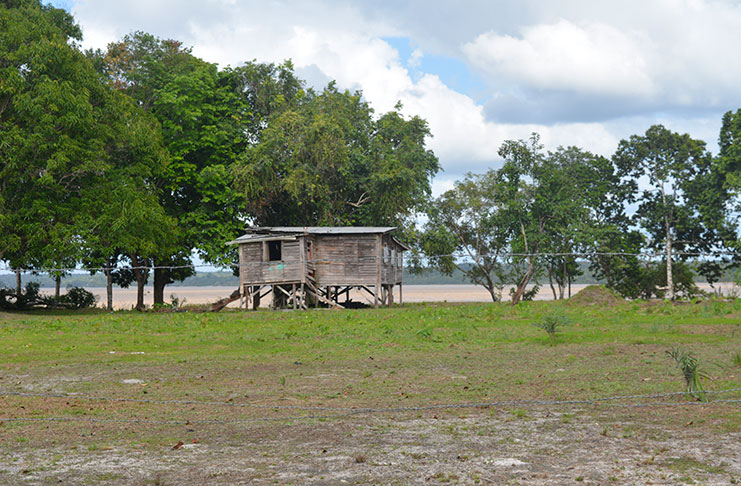
The town is so scenic that many are attracted there for tourism purposes 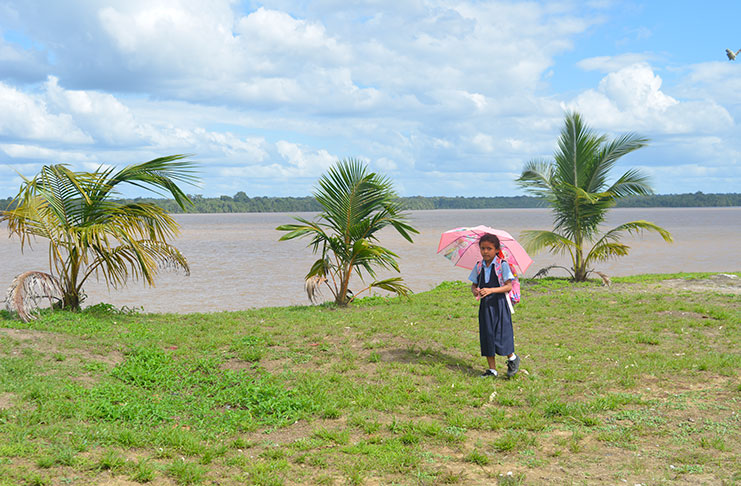
Just leaving school 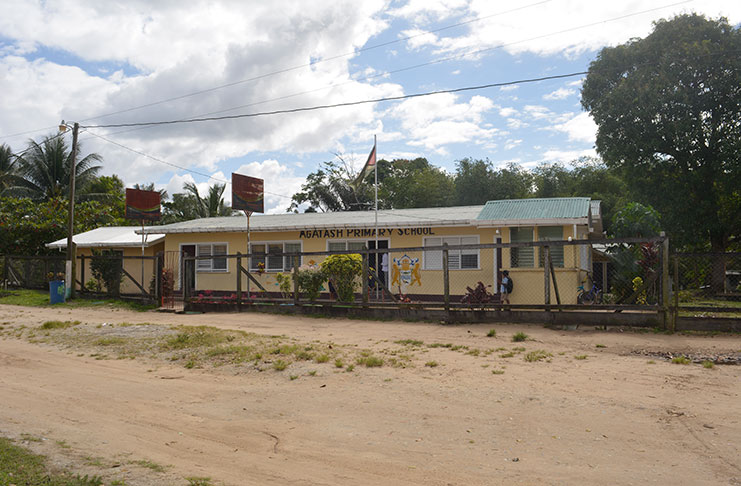
Agatash Primary School 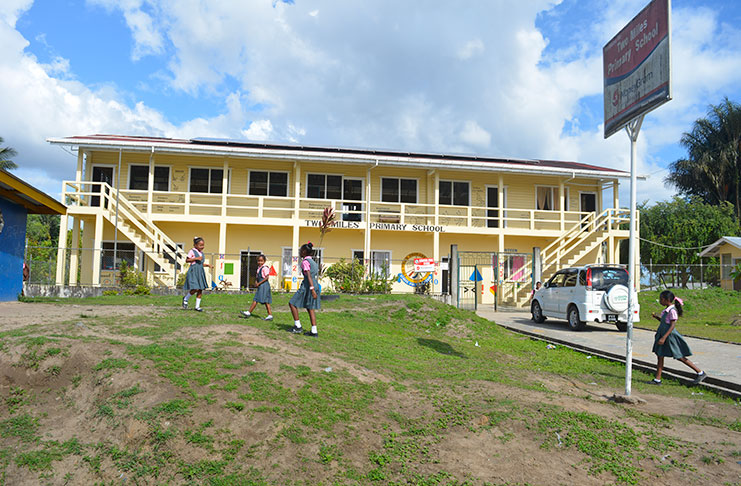
Two Miles Primary School 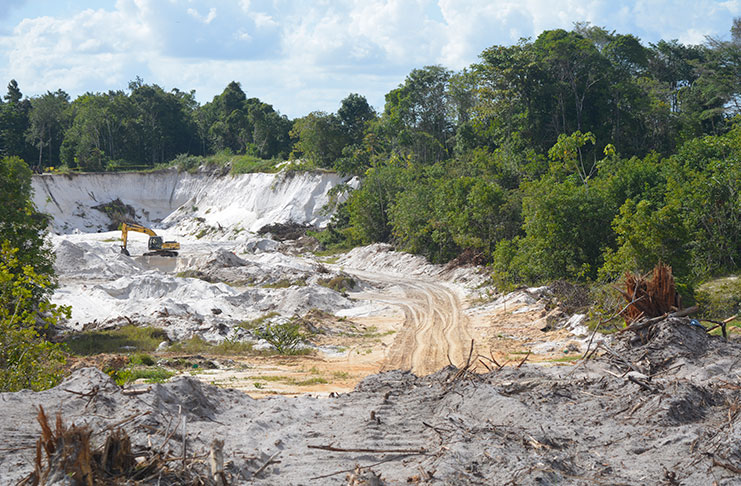
The Five Miles sandpit is a major financial project of the Bartica municipality

0 Comments